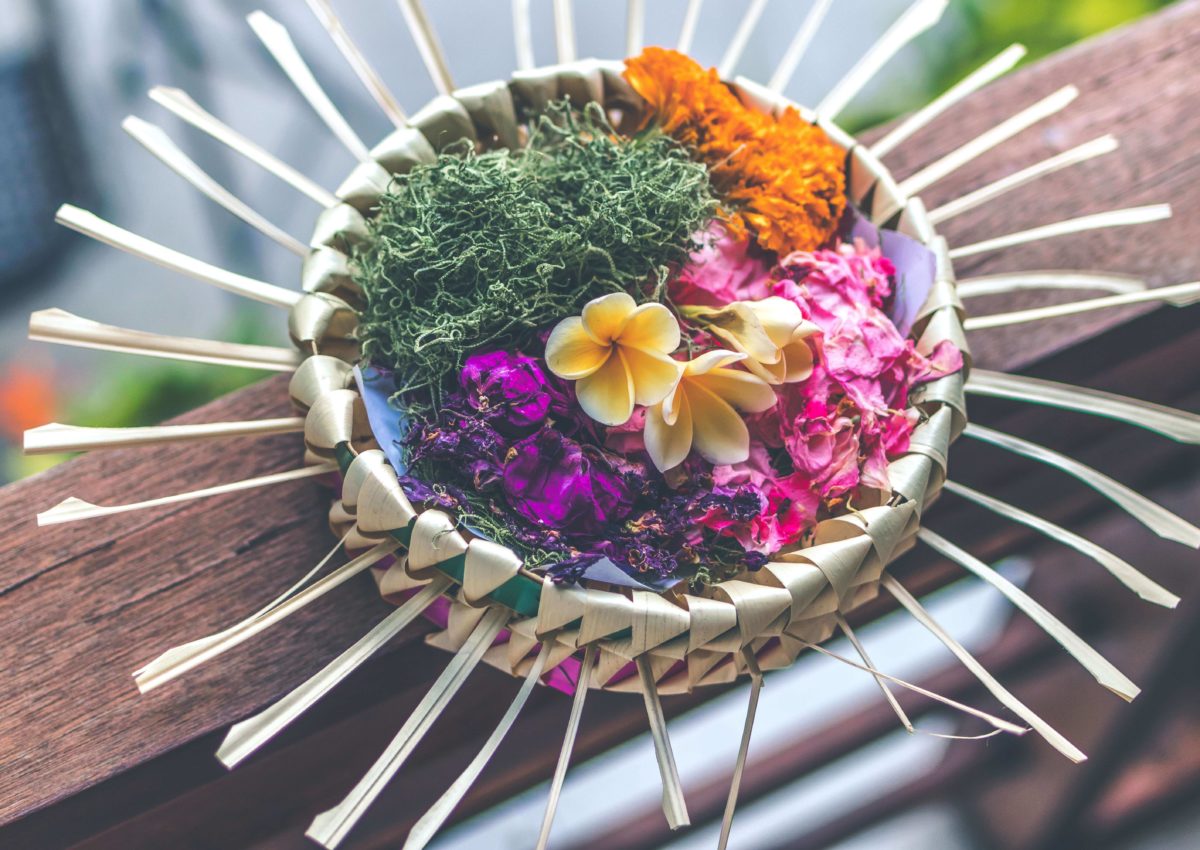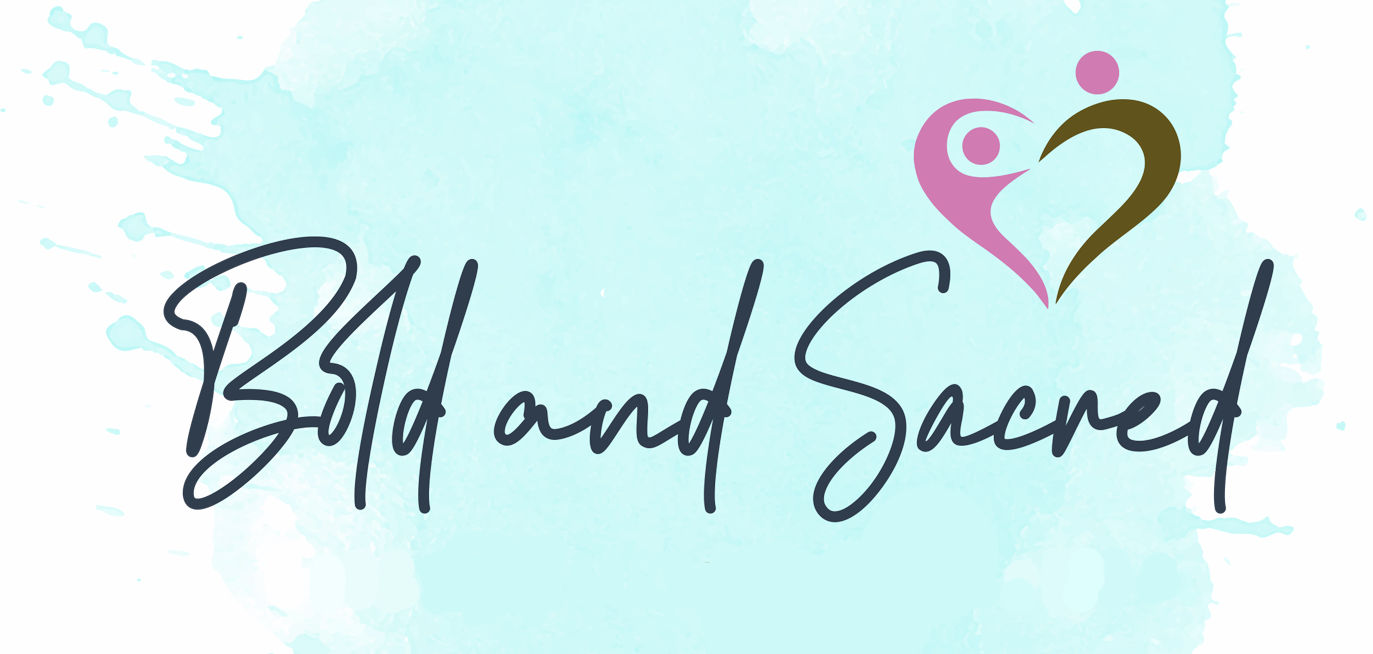
The Healing Power of Ritual
As we’re inching back towards pre-pandemic life, while remaining cautiously optimistic about what the future holds, many of us are returning to work, family outings, concerts, travel and are wearing make-up and pants.
The last two years have been challenging for all of us. The pandemic, economic, political, racial justice and now war crises, can make things feel like they are falling apart.
Society has found ways to recognize transitions by way of rituals – those events when people come together and ceremonially recognize our humanity and the transitions we go through. For me, in the last two trying years, a loved one died, and I found solace in the ritual of a funeral. Soon, my daughter will graduate from high school and we will come together and ritually celebrate her accomplishment.
I recently began officiating weddings and vow renewals to help people commemorate and celebrate their love for one another.
Learn About Ceremonial Services
What is a Ritual, Exactly?
According to scholars, a ritual is a ceremony that is a time-honored act whose purpose it is to transform those who take part in them. They occur in every culture on earth suggesting their purpose is tied into our humanity. Rituals move participants from one position in life to another, from pre-birth to birth, from being single to marriage, from being among the living to being among the dead. As such, rituals have a beginning, a middle and an end, much like a journey. The end result is having traveled and landed in a place that could not have been achieved without the ritual.
Ingredients for a Ritual
slowing down + reflecting + re-centering
In order to perform a ritual, people need to slow down. This is a time for reflection and re-centering oneself. The essential ritual connection with oneself and other people can only be achieved when one has slowed down the mind and body. Oftentimes this is aided by a collective silence. Entering into a sacred space, a place that feels safe and supported is also a feature. There may be special music, incense burning and ritualized gestures of support from friends and family. Ritual themes and intentions include formalized greetings and farewells, the giving of blessings, the invocation of healing, the answering of questions, or the honoring of a cycle, such as welcoming a new moon or acknowledging another year of sacrifice for collective goals. Enacting the ritual might include a slow procession, lighting a candle, sharing a poem or an inspirational reading, sprinkling water, or offering flowers. The closing of a ritual often involves a celebratory honoring, often done by sharing food, fond memories, toasts and gratitude to those who assisted in enacting the ritual.
The final step is a re-orientation to ordinary reality, as those who took part in the ritual, transition back into their normal lives, all the while reflecting on their experience.
Despite all the uncertainty, people are out and about, and life is going on. One ritual that is a source of celebration and joy is marriage.
I believe that paying attention to the essential features of rituals will help us carry forward into our brave new, pandemically-inflected world, the power of ritual to transform our lives. If you’re looking for more help and information in creating your own ritual, I have listed a couple of my favorite books on this subject, below. Best wishes creating something meaningful and purposeful during these unprecedented times we’re in.
Are you getting married or planning to renew your vows?
I’d love to help you plan and officiate your ceremony! You can schedule a free introduction and informational call here.

